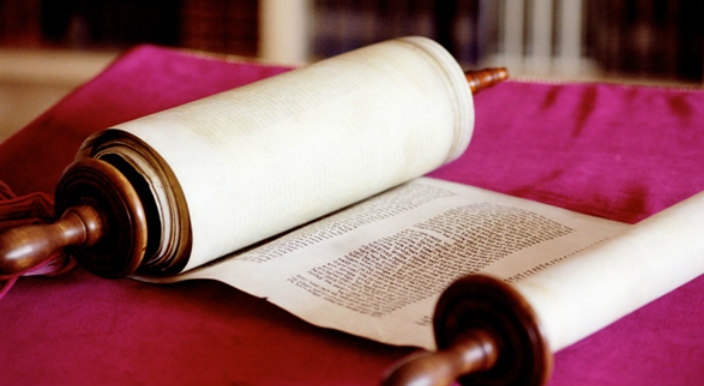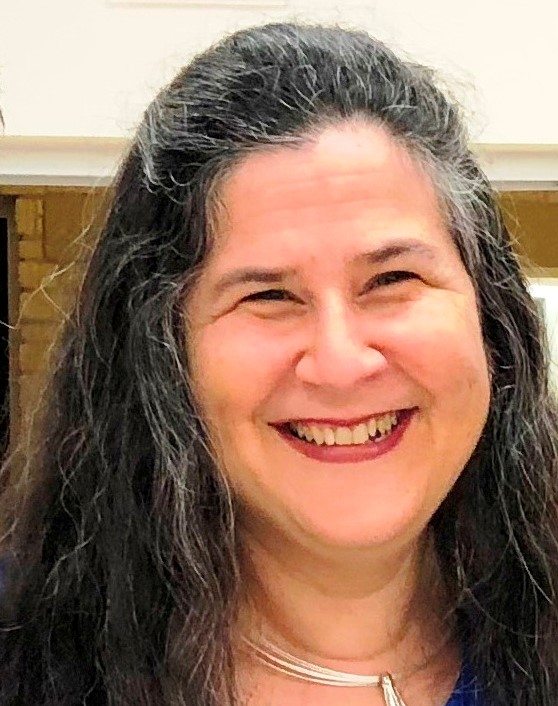
There is something a bit disturbing about reading a Torah portion with insurrections and plague in 2021. Parashah Korach (Numbers 16:1 – 18:32) contains two different rebellion- Korah’s challenge to Aaron’s leadership of the priesthood and Dathan and Abiram’s challenge against Moses’s leadership. Tests and consequences follow, including a plague. Moses directs Aaron to act, and the plague is checked, although thousands had already died. Reading anything about a plague is simply different these days than it would be pre-COVID-19.
Perhaps finding action unsettling is one way to encourage us to look anew at actions and consequences. One of the reasons these stories are unsettling is that there are such harsh consequences, from being swallowed by the earth to a plague, for doing things that, depending on how you spin it, we all might do or at least understand. Can you not imagine Korah pleading his case saying that all he, and other leaders chosen with fine reputations, were doing nothing more than speaking up for not being treated fairly? As someone who grew up in New York, with sarcasm basically learned from birth, I cannot read Dathan and Abiram’s statement to Moses, “Is it not enough that you brought us from a land flowing with milk and honey to have us die in the wilderness….”, with a great deal of attitude. How do we interpret the consequences that befell them when viewed from times where freedom of speech is prized and holding leaders to account is civic virtue? Having spent over a year dealing with upheaval in our society due to the pandemic puts a different gloss on the complaining.
In pondering these stories, I see problems with the characters' motivation and approach. There is something selfish about the actions. Korah is not described as trying to improve the priesthood. Instead, he is demanding Aaron’s status for himself. Unhappy with their situation, Abiram and Dathan defiantly refuse to follow Moses. Instead of constructive actions, they complain. It is almost as if they are all rebellious children. As with any parent who wants their children to think things through and consider both the desired outcome and possible consequences, perhaps these harsh punishments are there to make us think about our motivation and approach. This parashah may offer us some guidance as to why they faced such consequences and how we can apply that today.
What motivation could produce a better result? Looking ahead, Deuteronomy 16:20 instructs us צֶ֥דֶק צֶ֖דֶק תִּרְדֹּ֑ף Justice, justice, shall you pursue. This is not in the self-centered approach of a whiny child wanting the same privilege an older sibling has or of Korah wanting Aaron’s power, but more in the greater sense of having a society that acts justly for all. Perhaps had these men focused on improving their own society instead of dwelling on their personal situations they would have approached whatever injustices they perceived differently, and would have had a different result.
Actively pursuing justice takes many forms, and even in the middle of a pandemic, WRJ works on a number of them including through resolutions on issues in which WRJ raising its voice may have a positive impact. Earlier this year, WRJ adopted two resolutions:
-
Addressing a Legacy of Reproductive and Gender-Based Violence Against Black, Indigenous, and Women of Color in North America
-
Labor Issues Affecting Women in the 21st Century
Information on the resolutions is available here.
If you have not yet done so, please read the resolutions and take the actions outlined in them.
Another way of pursuing justice is through the Religious Action Center’s recently launched Racial Justice Campaign. (I am serving as WRJ’s representative on the campaign’s leadership team.) The campaign aims to address systemic racism by working to ensure the Freedom to Vote. Information on the campaign is available from the RAC here.
To not be like Korah (or Dathan and Abriam), we take on these causes and pursue justice because, even if it does not change our personal situation, it is a step towards the work of tikkun olam.
Debra Goetz is a member of the WRJ Board, serving on the Resolutions and Constitutional Revisions committees. She is the recording secretary for WRJ’s Southwest District and is finishing her term as the President of the Sisterhood of Temple Emanuel of McAllen, Texas.
Related Posts

Parashat Yom Rishon shel Rosh HaShanah

Cultivating a Culture of Accountability and Belonging


